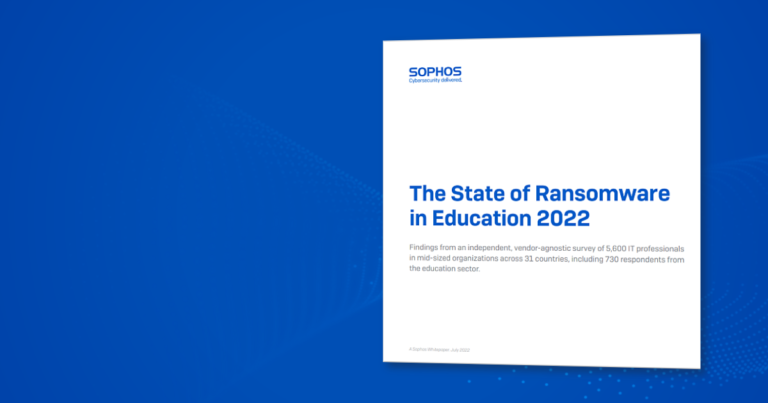Online shopping red flags: How to spot a scam this festive season

It’s officially the holiday season, and for many of us, that means the countdown to “presents o’clock” – AKA December 25th is on.
Real-life shops get crazy during the festive season, seeing more and more people choosing to hop online, point, click and proceed to checkout.
Shopping online is also much easier now that more South Africans have access to the technology and unlimited fibre internet connectivity that enables this.
Last year, South Africans spent R200 billion on festive season shopping and this year, according to FNB, its customers spent R2.4 billion on Black Friday deals. R670 million of that was spent on online shopping. Based on these figures, it’s safe to assume that many South Africans will be doing their festive purchasing online.
The internet is full of scams, so here are some tips to make sure you don’t get caught by an online-fly-by-night:
Know who to trust:
Spotting an online scam is like spotting fake sneakers. From afar everything looks legit but if you look closely you’ll see the signs. “For example, if the website doesn’t start with “HTTPS”, then it’s best to avoid it. The “S” in “HTTPS” stands for secure and using a site without security is opening yourself up to a world of risk,” advises Lianne Williams of Vuma, South Africa’s leading fibre connectivity provider.
Common Scams:
Just like your favourite musician, scammers have a greatest hits playlist. These are their most common tricks to watch out for:
- Dodgy Discount Gift Cards: Everyone likes a bargain and thieves will try to take advantage of that. If you find a promotion for a gift card deal and they start asking you too many questions, especially about your banking details or ID, then cut your losses and run.
- Phishing: This isn’t the one you see people doing when you go to the coast. Criminals will often use real-looking email or text messages with links in them to lure you into downloading malware (programs designed to mess up your device or gain unauthorised access to it). Don’t fall for it. Your bank will never send you any email or other communication asking you to update or provide confidential information about you or your account.
- Fake E-Commerce Sites: Just like that guy who broke your auntie’s heart in ’07, these scammers usually appear to be the real deal, rip you off, then disappear in a flash. Often, thieves either publish competitions or create entire websites that look like your favourite e-retailer’s website and acquire your details when you pay. To make sure you are safe, search the URL here, triple check the refunds policy, look out for any spelling errors and check the site’s reviews. Don’t click on any weird ads or “article links” and bookmark your favourite sites so that you can get there quickly.
Most Importantly:
Use proper passwords. Having different variations of “Password123” is not going to fool anyone. You need a strong password that has numbers, upper and lower case letters and characters. You also need to change them regularly. Keeping up with that can be difficult which is why browsers will often help you create strong passwords. You can also use authenticator apps that will regularly help you randomly change your login details so that you stay one step ahead of the scam.
Williams, concludes, “For South Africans who experience the benefits of unlimited connectivity, a new world of exciting, limitless shopping opportunities are at your fingertips. Like anything in life, you need to take a few safety precautions when you are shopping online. Once you do, you’ll have access to the best, legitimate, deals in the world.”







